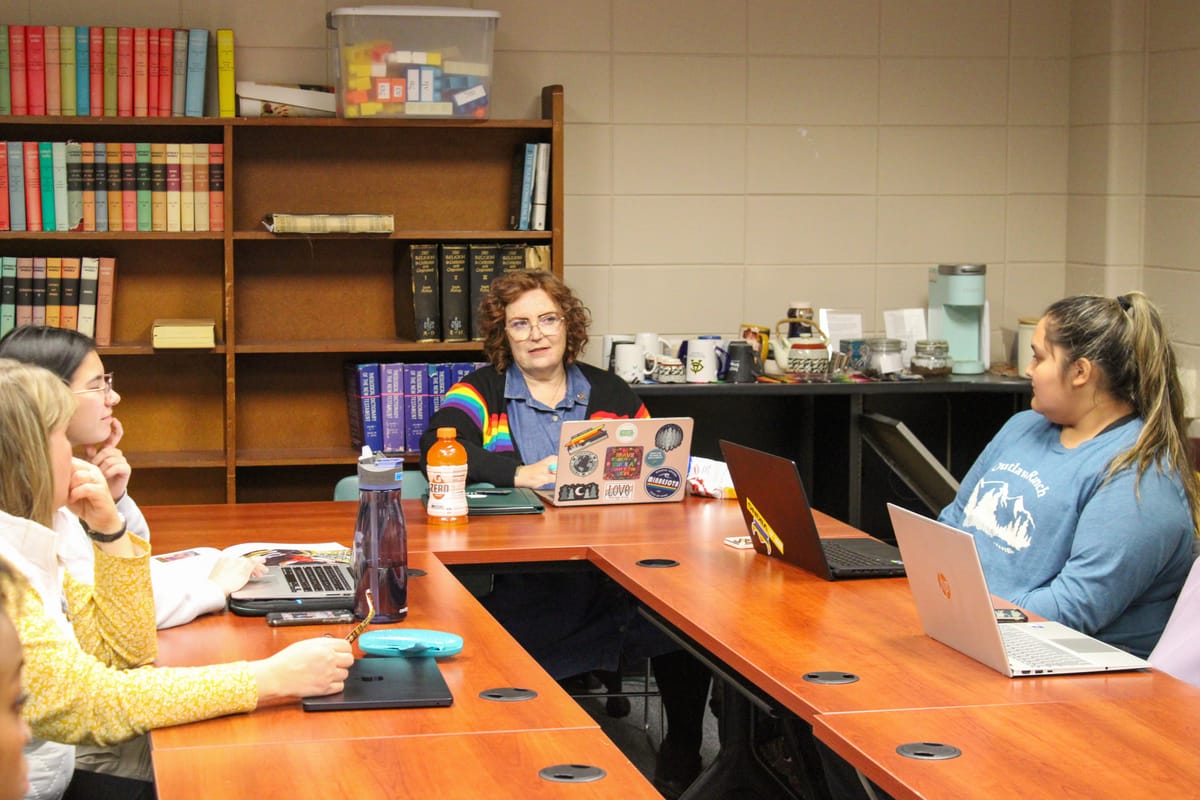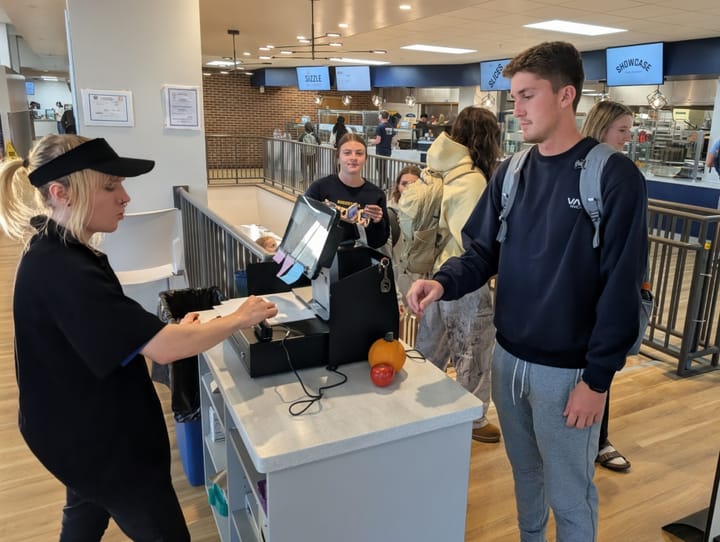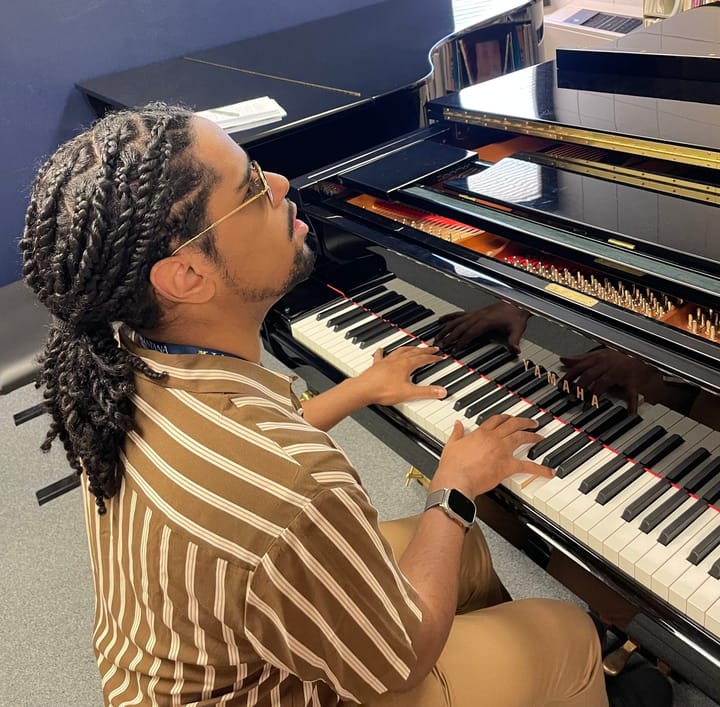Campus Ministry hires interfaith chaplain, announces name change

Campus Ministry hired its inaugural interfaith chaplain this semester, introducing her to the campus community in early November.
The addition of Jennifer Dreiske, the new interfaith chaplain, comes as a part of a larger department shift: Campus Ministry will become the Office of Faith and Spiritual Life starting January 2024.
Dreiske will serve ten hours a week and will be available for any students or faculty who wish to consult with her, with an emphasis on non-Christian faith traditions.
Dreiske has a degree in world religions and anthropology and a minor in Jewish studies from the University of Minnesota. She oversaw religious and cultural programming for 19 years at the South Dakota State Penitentiary.
More recently, Dreiske has served as the chief operating officer of South Dakota Voices for Peace and the project manager of South Dakota Faith in Public Life.
“I’m able to bring years of experience negotiating really complex topics and issues and identify ways to solve or come to an understanding,” Dreiske said. “I’m able to take something that shows up in Islam or Hinduism or Buddhism and show how it shows up in Judaism or Christianity.”
Dreiske said she is interested in serving the students as they are, and the position could change as the student body changes.
“I don’t want anything we do to be permanent because…we need to make sure that we give room for growth and evolution,” Dreiske said.
Rev. Ann Rosendale, campus pastor, said hiring Dreiske was the next most faithful step in making Campus Ministry more approachable for those who come from non-Christian backgrounds.
“We’re really clear that the interfaith chaplain supports and serves the faith and spiritual life of all students and all faculty and staff with a specific focus on those who are not Christian,” Rosendale said.
Rosendale said she believes Dreiske will bring both depth and breadth to Augustana’s spiritual life.
“Chaplain Jen is rooted in her own Jewish tradition,” Rosendale said. “She has a depth of knowledge and commitment to that tradition that serves the community, but she also has this breadth of experience. She has all of these rich experiences with people of non-Christian traditions.”
For some, Dreiske’s hiring raises the question of why an interfaith chaplain is necessary at a Christian university.
“It can be hard to understand why a Christian university would have a non-Christian chaplain,” Rosendale said. “At a Christian institution, because we are Christian, not in spite of it, we serve people of all faith traditions. Part of being, particularly, a Lutheran Christian institution is engaging our neighbor, learning from our neighbor and even celebrating our neighbor’s faith.”
Rosendale said interfaith work is an important part of Lutheran values, like being rooted and open.
“I don’t know of any faith tradition that differentiates the values of being a good person,” Dreiske said. “At the end of the day, we all want to be valued and seen and heard and respected. There isn’t a conflict within our major faith traditions in those shared values.”
The change in department title, according to Rosendale, was decided for three main reasons.
“It better describes what we already do. We’re already serving non-Christian students,” Rosendale said. “Secondly, it is a title that is more accessible to non-Christian students… and third, the ‘Office of Faith and Spiritual Life’ elevates the profile of what we do. We do more than Bible study here.”
Junior Sammie Kross serves as a member of chapel staff. She said she hopes the changes will help draw more students to Augustana.
“It’s really about changing our language,” Kross said. “If we keep using the same language, people are going to continue to think that this isn’t the place for them when really it is. It’s a place where we support other students using our faiths.”
Dreiske will host weekly office hours that are yet to be announced. She will be available for anyone who would like to talk, but especially for those of non-Christian traditions.
“Augustana prides itself in being rooted and open,” Dreiske said. “In the openness, that’s where we all come together, and when we come together and want to be part of belonging, that means that we don’t change who we are. It means we get to belong as we are.”



